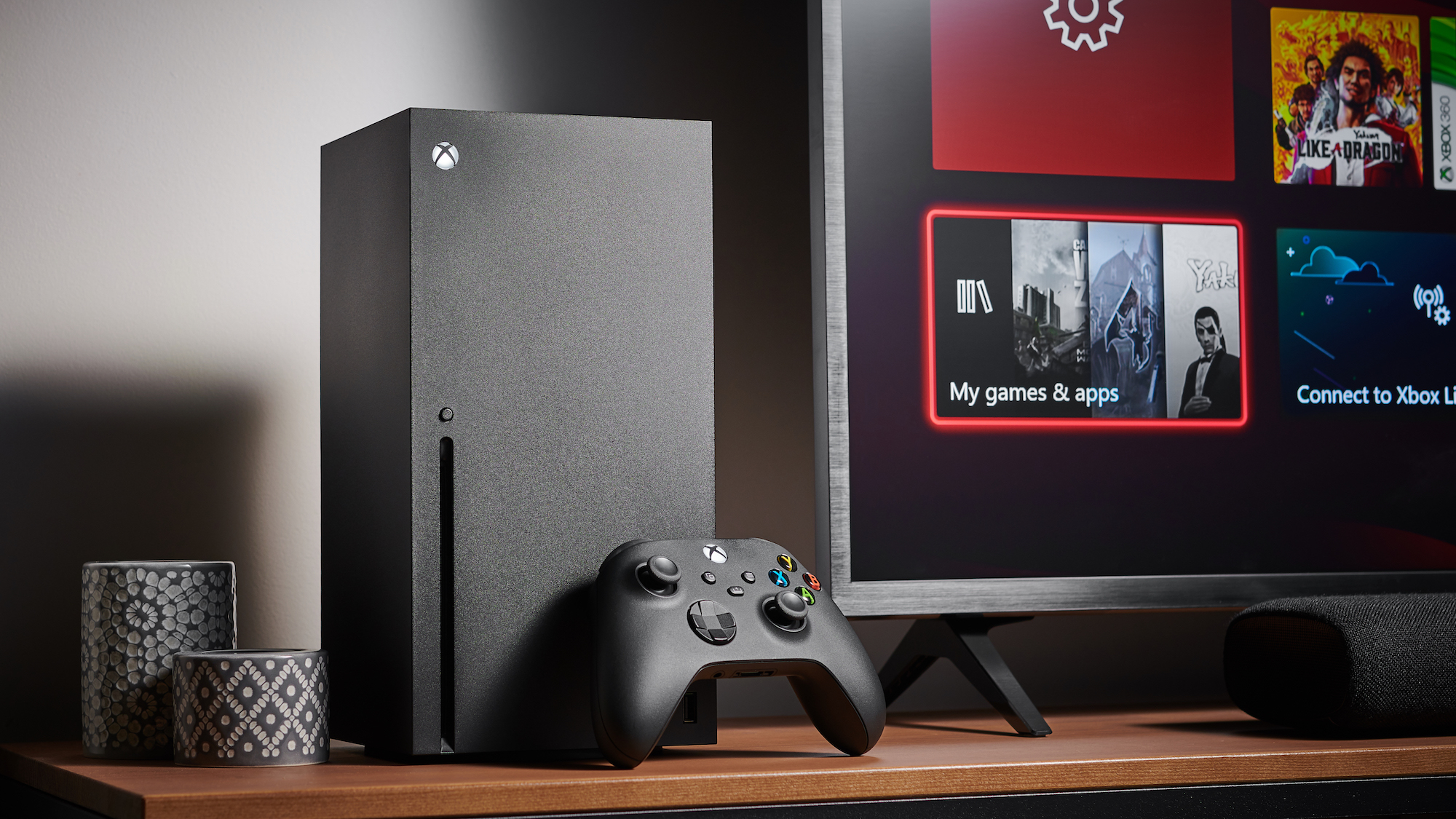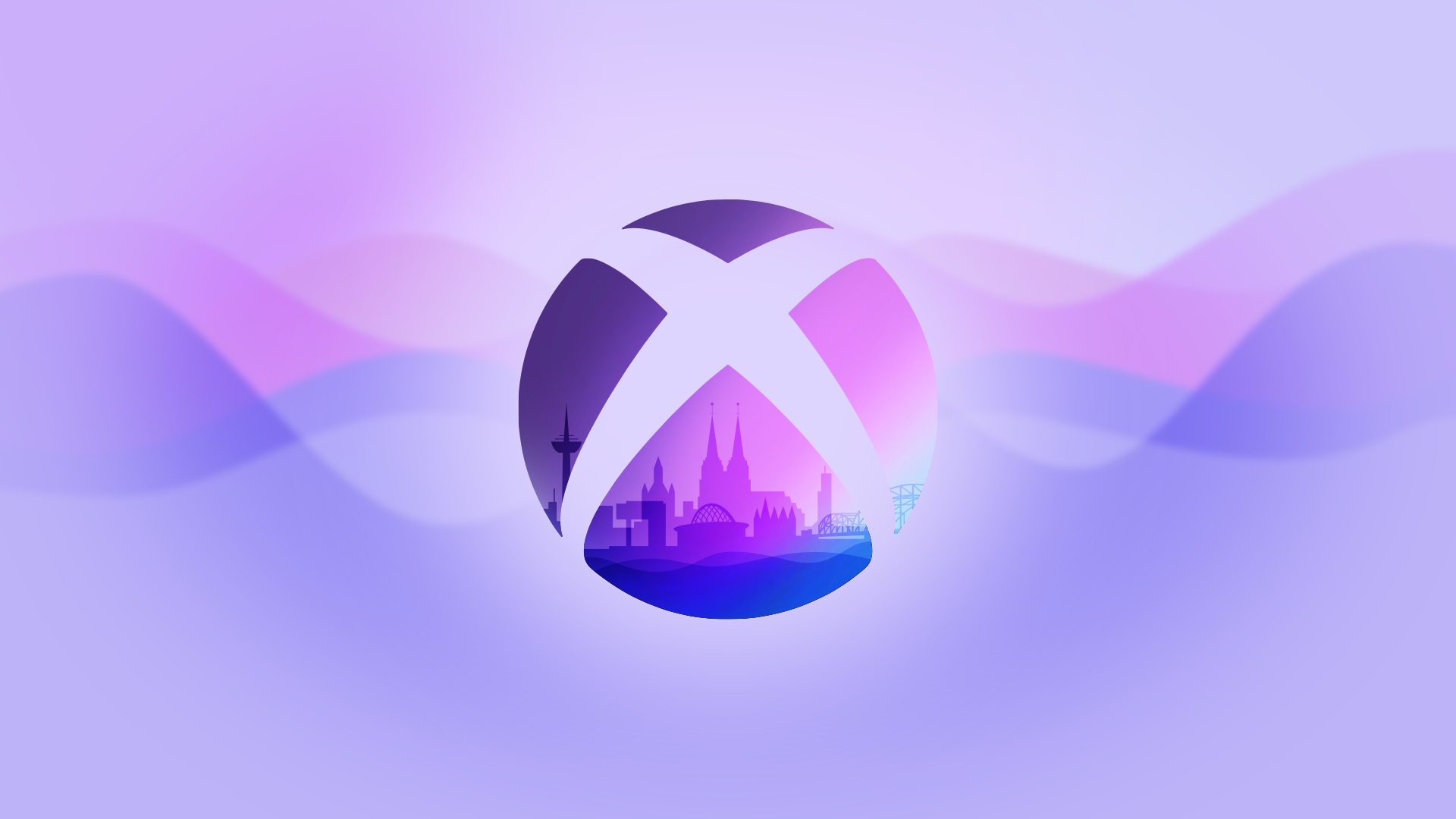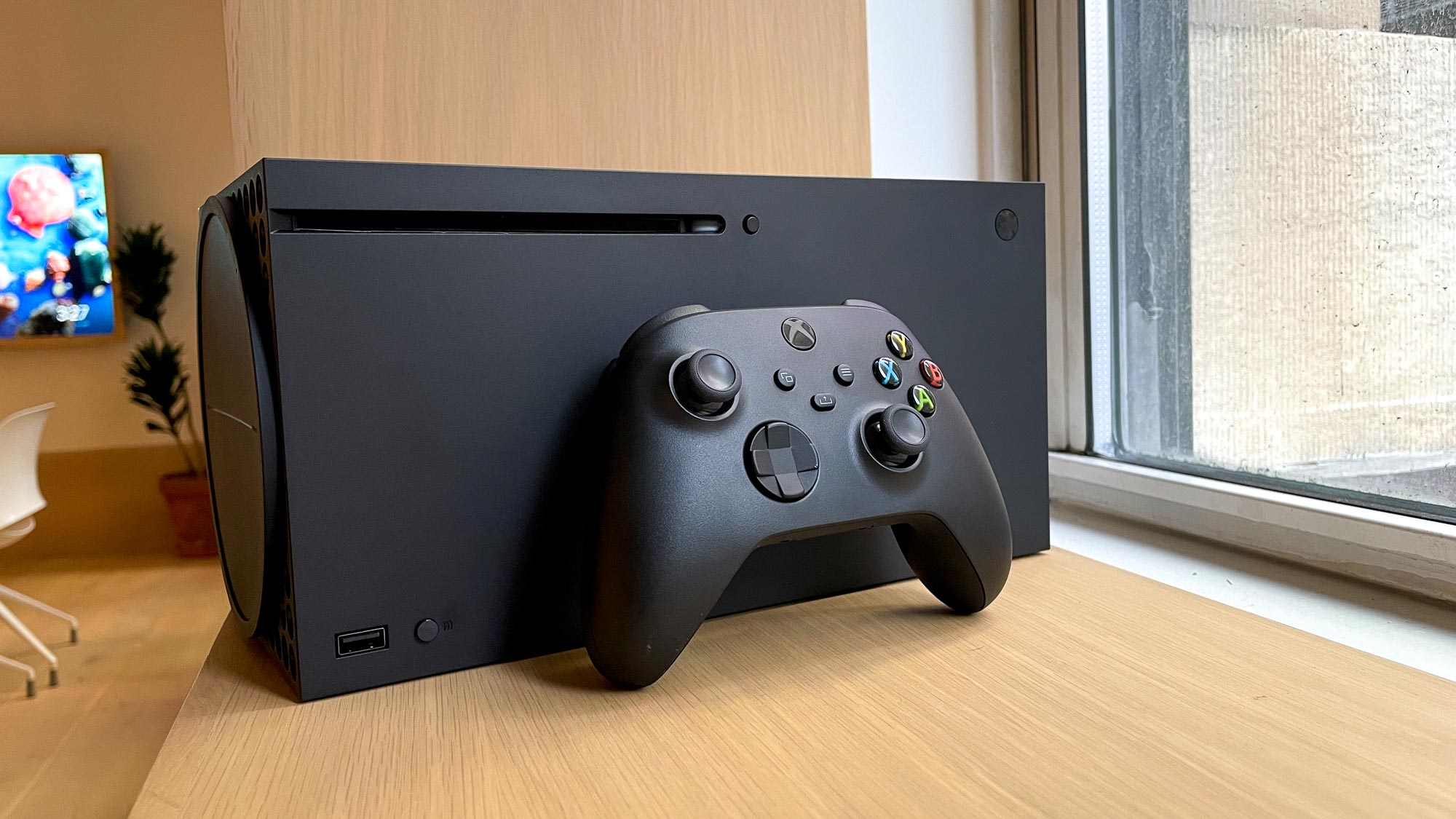Xbox streaming device could start to make consoles redundant — here’s why
If the Xbox streaming device works perfectly, traditional consoles might not be strictly necessary anymore

The Xbox streaming device has been in the works for a while, and if a recent photo is anything to go by, it may come out sooner rather than later. Xbox boss Phil Spencer recently hid an Xbox streaming device prototype in plain sight on his Twitter account, and gave the world a glimpse of what the long-awaited box might look like.
Between Spencer’s tweet and the product’s long development cycle, the Xbox streaming device may not be too far off. But when it arrives, it will raise some interesting — and possibly unsettling — questions about the future of Xbox, both as a console and as an ecosystem.
Over the last few years, Microsoft has built up Xbox Game Pass to the point where it’s almost a viable console replacement by itself. When the Xbox streaming device debuts, Microsoft’s grand experiment will essentially reach is apotheosis. With Game Pass’ myriad streaming features, Microsoft is essentially trying to convince consumers that they don’t need an Xbox console for the full Xbox experience, and the Xbox streaming device just might prove the company right.
The only question is: What happens after that? In a world with nearly perfect cloud gaming, what future is there for the traditional video game console?
A Keystone concept

Before we dive into the potential implications of the Xbox streaming device, it’s worth noting that this product has been in development for a long time. Spencer hinted at an Xbox streaming device all the way back in 2020, and Microsoft confirmed his comments in 2021. Earlier this year, Microsoft explained that the Xbox streaming device — a project called “Keystone” — has gone through several revisions, which perhaps explains why it’s taken so long to come out.
Whether we were playing shooters, racing games, action games or RPGs, streaming Xbox titles on a Samsung smart TV felt almost indistinguishable from playing a downloaded or disc version.
The prototype in Spencer’s photo is probably a deprecated version of the device. But truthfully, how the device looks isn’t incredibly important. We can safely assume that whether the device is a box or a dongle, whether it’s Wi-Fi only or offers an Ethernet adapter, whether it draws power from a TV or requires an external adapter, its primary purpose is to run the Xbox Game Pass app. And, we can also safely assume that the app will run well.
This isn’t pure speculation; we already have a variety of different Xbox Game Pass streaming apps, and they all work at least passably well. You can stream Xbox Game Pass games to Android devices and the best TVs with a dedicated app, or to the best iPhones and best laptops via a Web browser. You can even stream Game Pass titles directly to an Xbox console, obviating the need to download a game if you simply want to try it out, or jump into a few multiplayer matches with friends.
Get instant access to breaking news, the hottest reviews, great deals and helpful tips.
While the streaming technology works better on some platforms than others (and is still technically in beta on many of them), you can play hundreds of Xbox games at least passably well without having to buy an Xbox or a gaming PC.
Perhaps the best proof-of-concept for an Xbox streaming device is the Xbox Game Pass app on Samsung smart TVs. Tom’s Guide got to try this app out for ourselves, and it was a nearly perfect experience, even on a pretty standard broadband connection. Whether we were playing shooters, racing games, action games or RPGs, streaming Xbox titles felt almost indistinguishable from playing a downloaded or disc version.
In terms of “streaming Xbox titles to a big-screen TV,” the Xbox streaming device would seem to have the most DNA in common with the smart TV app. And since we already know that works, we have every reason to believe that a dedicated device will be just as good. And if that’s the case, Microsoft may have the potential to turn gaming consoles into a boutique market rather than a staple of the consumer electronics industry.
Console costs and benefits

We don’t want to speculate too much about the Xbox streaming device. We don’t know what apps it will offer, or how much it will cost, or even if the gadget will be any good. But what we can extrapolate from Spencer’s comments is that it will be much cheaper and more accessible than an Xbox Series X ($500) or an Xbox Series S ($300). Presumably, it won’t be powerful enough to run games on its own, but that won’t be a problem with a robust, could-enabled Xbox Game Pass app.
Let's imagine a world where you can play 400 Xbox games for the price of a streaming device and Xbox Game Pass subscription. Suddenly, console gaming looks a lot less like a hobby for dedicated gamers, and a lot more like a hobby for anyone with a steady broadband connection
Now let’s imagine a world where you can play 400 Xbox games (and counting) for the price of a streaming device (perhaps $50-100), and an Xbox Game Pass Ultimate subscription ($15 per month). Suddenly, console gaming looks a lot less like a hobby for dedicated gamers, and a lot more like a hobby for anyone with a steady broadband connection. In the same way that streaming video services gave us all ersatz movie and TV collections, cheap cloud gaming devices and subscriptions could democratize gaming — for better and for worse.
Before the PS4 and Xbox One came out, some journalists (including me) wondered whether the console market had a future. The advent of mobile gaming, the resurgence of the PC market and surging game development costs made it seem like console gaming could be headed toward another 1983-style crash. That didn’t happen, as Sony, Microsoft and Nintendo reminded buyers that consoles still strike the perfect balance between affordability and quality, providing rich gaming experiences a price that’s palatable to a middle-class consumer base.
However, that was also before cloud gaming existed in any meaningful capacity. While the Google Stadia shutdown reveals the potential pitfalls of cloud gaming, the technology is already fairly mature. It’s also theoretically both cheaper and more accessible than either consoles or gaming PCs.
Microsoft has repeatedly stated that it wants to build an ecosystem rather than simply sell consoles, and it seems like the company is just about to succeed. There are still a few roadblocks ahead, such as releasing the Xbox streaming device and fine-tuning Xbox Cloud Gaming performance, which is currently limited to 1080p and 60 fps. But the only major missing missing piece of the puzzle is finding a way to let users stream games that they bought à la carte, rather than having to rely on a subscription service. And that feature is already in the works.
There will always be an audience that wants dedicated consoles and gaming PCs, just as there will always be an audience that wants physical copies of movies, books and music albums. But if you really, truly don’t need an Xbox console to play Xbox games, how will that affect gamers and the industry that surrounds them over the next few years? Will we be able to play whatever we want, wherever we want, on whatever screen we want? Or will we be tethered to expensive streaming services and mercurial cloud servers forever?
We can always hope for the former while we prepare for the latter.
Read next: Microsoft is launching a new Power options menu on Xbox, which also shows how much power it uses

Marshall Honorof was a senior editor for Tom's Guide, overseeing the site's coverage of gaming hardware and software. He comes from a science writing background, having studied paleomammalogy, biological anthropology, and the history of science and technology. After hours, you can find him practicing taekwondo or doing deep dives on classic sci-fi.
 Club Benefits
Club Benefits





